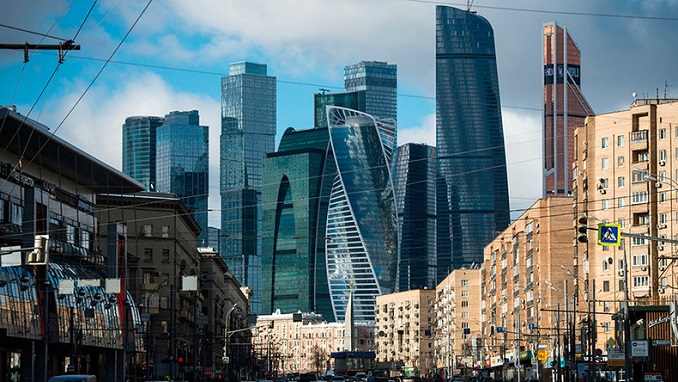The current functioning of the Russian economy can no longer guarantee the well-being of society, with western sanctions hurting the everyday life of Russia’s citizens, a report by the Estonian Intelligence Service says.
According to the International Security and Estonia 2018 report, “only a small proportion of Russian citizens enjoy a standard of living equivalent to the average for Western countries.”
The Estonian Foreign Intelligence Service predicts that the political situation in Russia in 2018 will be marked by “growing discontent” among the population.
The report says that falling energy prices and economic sanctions experienced by Russia in recent years “amplify the structural problems in the economy and have highlighted the need for reforms.”
Fundamental reforms are needed in the Russian economy, according to the report, “but it is unlikely they will be undertaken, as this would be contrary to the interests of the ruling elite.”
The Estonian Foreign Intelligence Service also argues that “the falling standard of living in regions makes it more costly and complicated for the Kremlin to ensure the county’s integrity and the current economic mechanisms are incapable of solving this problem.”
This year internal tensions are likely to grow in Russia, “the economy will remain stagnant, and the regime will fail to convince the populace that there is light at the end of the tunnel,” the report says.
It adds: “In the coming years, this may destabilize the foundations of the current political system in Russia.”
“The consistent implementation of sanctions has come as a surprise” for Moscow. In hoping that the West’s unity in establishing and maintaining the sanctions would be short-lived, Russia made a miscalculation,” the report adds. “The error is due to the inability to see Western policy as values-based,” the report said, according to Thenews.pl.
Although the Kremlin “would not gladly admit it,” Western sanctions “have had a comprehensive and long-term effect on the Russian economy” and will shave at least 1 percentage point off the country’s economic growth in 2018, according to the report.












